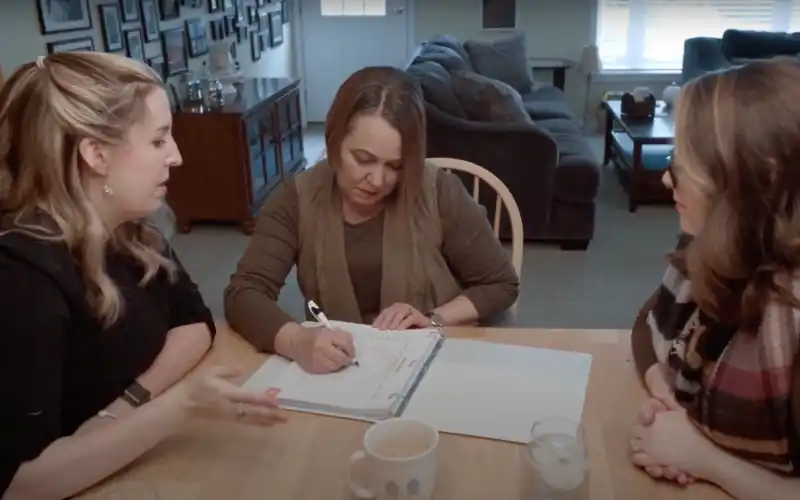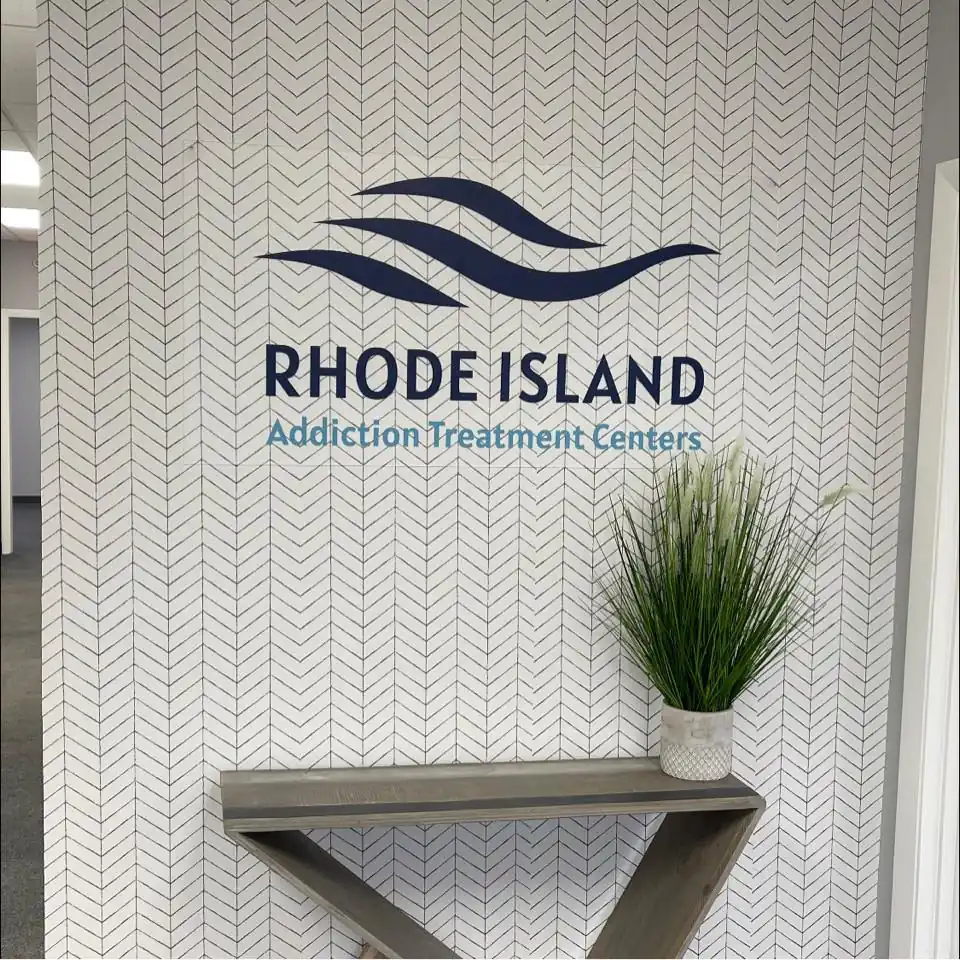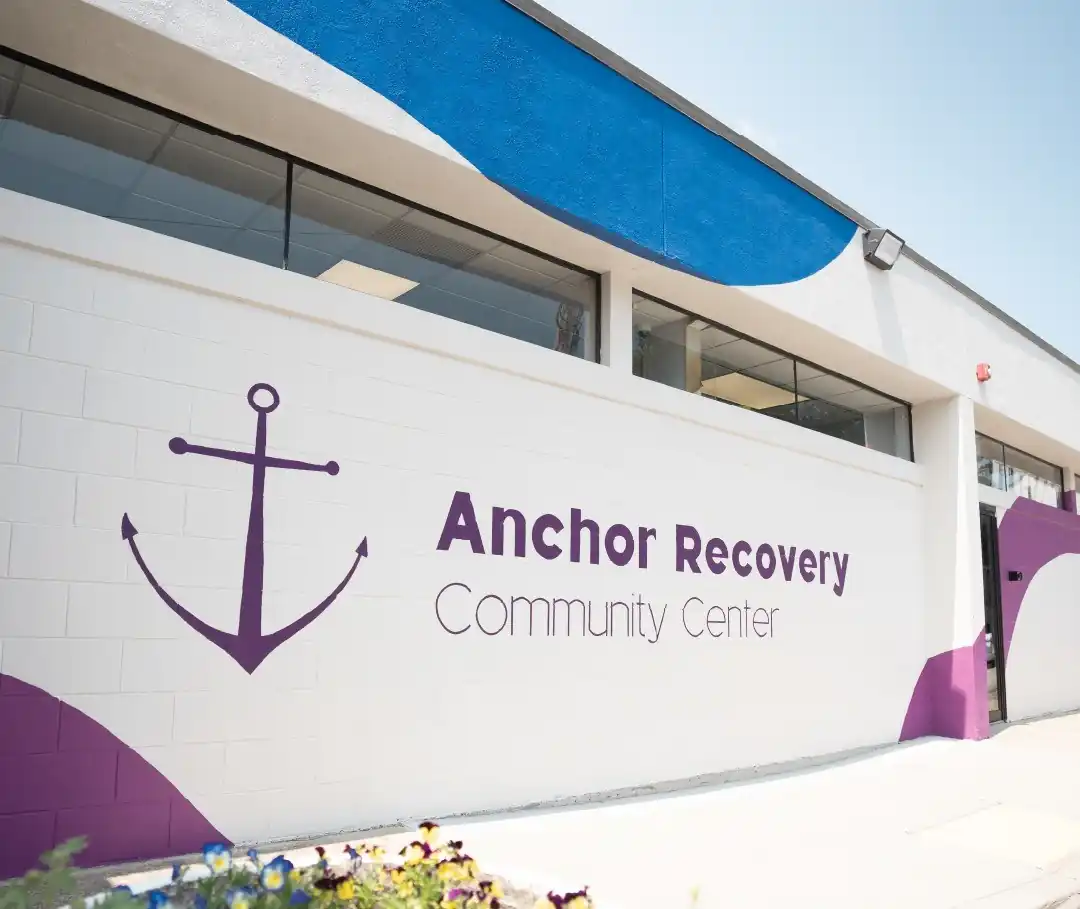Addiction Treatment & Recovery Centers in Rhode Island
Rhode Island offers a strong network of addiction treatment programs designed to meet the needs of individuals across its coastal cities, suburban neighborhoods, and small rural towns. Whether someone is seeking detox, residential care, or flexible outpatient services, the state provides evidence-based programs supported by licensed clinicians and community organizations. With a growing focus on mental health integration and personalized care plans, Rhode Island gives residents a dependable foundation for long-term recovery.












